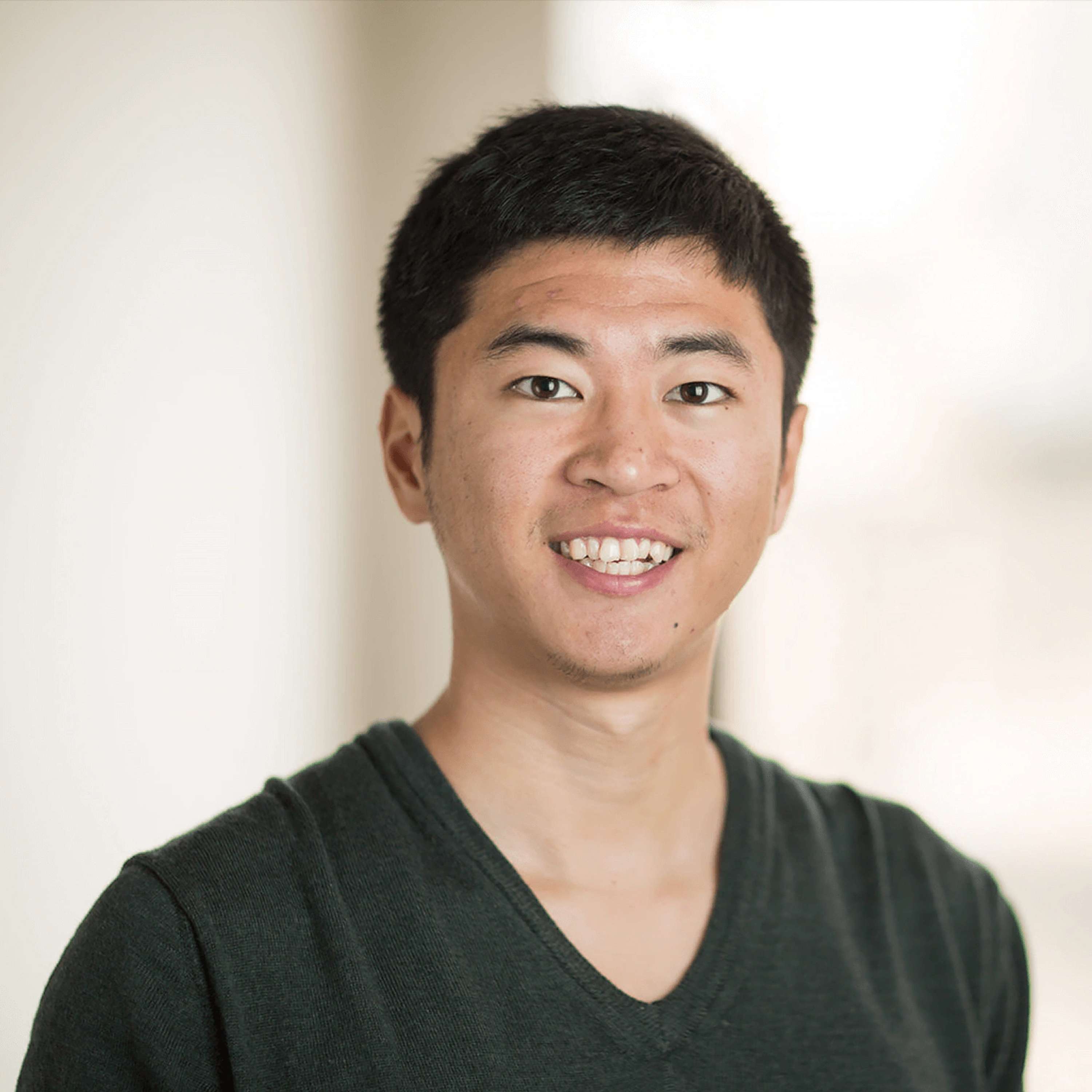
#69 – Jeffrey Ding on China, its AI dream, and what we get wrong about both
80,000 Hours Podcast
The State Council of China's 2017 AI plan was the starting point of China’s AI planning; China’s approach to AI is defined by its top-down and monolithic nature; China is winning the AI arms race; and there is little to no discussion of issues of AI ethics and safety in China. How many of these ideas have you heard?
In his paper Deciphering China's AI Dream, today's guest, PhD student Jeff Ding, outlines why he believes none of these claims are true.
• Links to learn more, summary and full transcript.
• What’s the best charity to donate to?
He first places China’s new AI strategy in the context of its past science and technology plans, as well as other countries’ AI plans. What is China actually doing in the space of AI development?
Jeff emphasises that China's AI strategy did not appear out of nowhere with the 2017 state council AI development plan, which attracted a lot of overseas attention. Rather that was just another step forward in a long trajectory of increasing focus on science and technology. It's connected with a plan to develop an 'Internet of Things', and linked to a history of strategic planning for technology in areas like aerospace and biotechnology.
And it was not just the central government that was moving in this space; companies were already pushing forward in AI development, and local level governments already had their own AI plans. You could argue that the central government was following their lead in AI more than the reverse.
What are the different levers that China is pulling to try to spur AI development?
Here, Jeff wanted to challenge the myth that China's AI development plan is based on a monolithic central plan requiring people to develop AI. In fact, bureaucratic agencies, companies, academic labs, and local governments each set up their own strategies, which sometimes conflict with the central government.
Are China's AI capabilities especially impressive? In the paper Jeff develops a new index to measure and compare the US and China's progress in AI.
Jeff’s AI Potential Index — which incorporates trends and capabilities in data, hardware, research and talent, and the commercial AI ecosystem — indicates China’s AI capabilities are about half those of America. His measure, though imperfect, dispels the notion that China's AI capabilities have surpassed the US or make it the world's leading AI power.
Following that 2017 plan, a lot of Western observers thought that to have a good national AI strategy we'd need to figure out how to play catch-up with China. Yet Chinese strategic thinkers and writers at the time actually thought that they were behind — because the Obama administration had issued a series of three white papers in 2016.
Finally, Jeff turns to the potential consequences of China’s AI dream for issues of national security, economic development, AI safety and social governance.
He claims that, despite the widespread belief to the contrary, substantive discussions about AI safety and ethics are indeed emerging in China. For instance, a new book from Tencent’s Research Institute is proactive in calling for stronger awareness of AI safety issues.
In today’s episode, Rob and Jeff go through this widely-discussed report, and also cover:
• The best analogies for thinking about the growing influence of AI
• How do prominent Chinese figures think about AI?
• Coordination with China
• China’s social credit system
• Suggestions for people who want to become professional China specialists
• And more.
Chapters:
- Rob’s intro (00:00:00)
- The interview begins (00:01:02)
- Deciphering China’s AI Dream (00:04:17)
- Analogies for thinking about AI (00:12:30)
- How do prominent Chinese figures think about AI? (00:16:15)
- Cultural cliches in the West and China (00:18:59)
- Coordination with China on AI (00:24:03)
- Private companies vs. government research (00:28:55)
- Compute (00:31:58)
- China’s social credit system (00:41:26)
- Relationship between China and other countries beyond AI (00:43:51)
- Careers advice (00:54:40)
- Jeffrey’s talk at EAG (01:16:01)
- Rob’s outro (01:37:12)
Producer: Keiran Harris.
Audio mastering: Ben Cordell.
Transcriptions: Zakee Ulhaq.
Next Episodes

Rob & Howie on what we do and don't know about 2019-nCoV @ 80,000 Hours Podcast
📆 2020-02-03 18:42 / ⌛ 01:18:44

#68 - Will MacAskill on the paralysis argument, whether we're at the hinge of history, & his new priorities @ 80,000 Hours Podcast
📆 2020-01-24 01:57 / ⌛ 03:25:36

#44 Classic episode - Paul Christiano on finding real solutions to the AI alignment problem @ 80,000 Hours Podcast
📆 2020-01-15 01:44 / ⌛ 03:51:14

#33 Classic episode - Anders Sandberg on cryonics, solar flares, and the annual odds of nuclear war @ 80,000 Hours Podcast
📆 2020-01-08 07:27 / ⌛ 01:25:11

#17 Classic episode - Will MacAskill on moral uncertainty, utilitarianism & how to avoid being a moral monster @ 80,000 Hours Podcast
📆 2019-12-31 17:28 / ⌛ 01:52:39